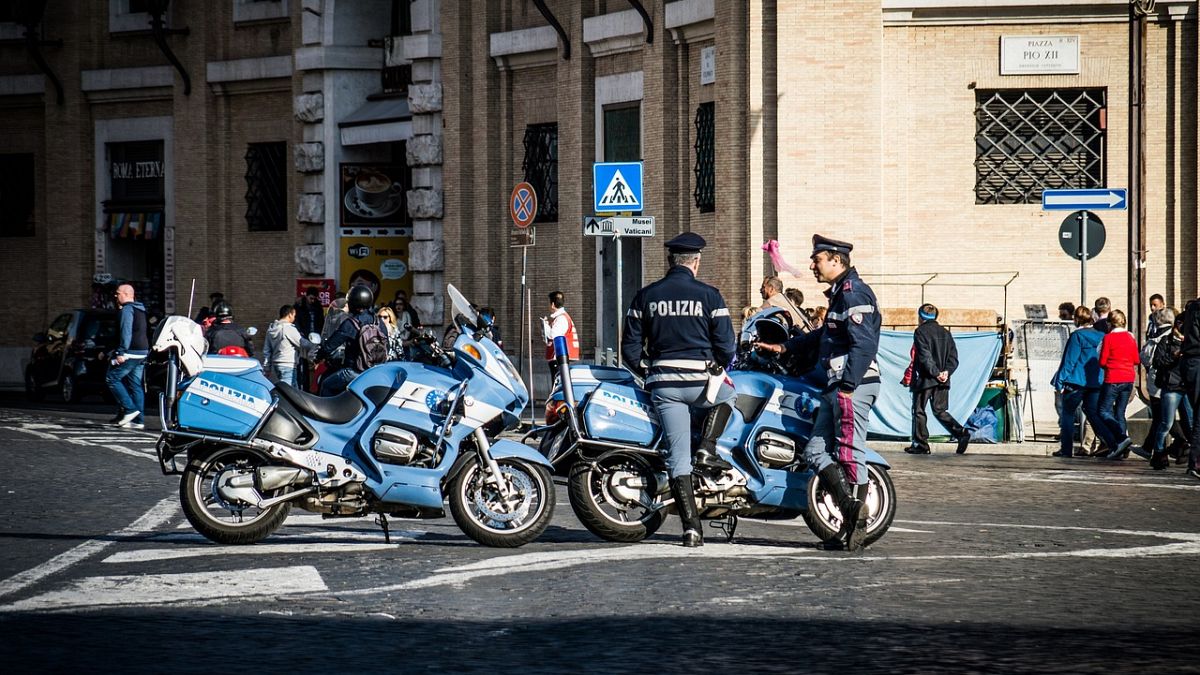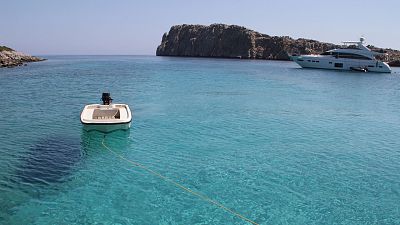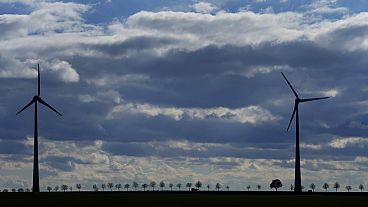The highly contested Città 30 (City 30) scheme aims to reduce road accidents and improve air quality.
The northern Italian city of Bologna has brought in a 30 kilometre per hour speed limit for traffic in the urban centre.
It is the second city in Italy to enact this measure - the Sardinian city of Olbia brought in the restriction in 2021.
Bologna authorities say the new limit aims to improve road safety as well as reduce air and noise pollution.
However, the measure has been met with protests from residents and scepticism over its environmental benefits by government ministers.
Why has Bologna introduced a 30km/h speed limit?
On 16 January, Bologna’s 30km/h speed limit - reduced from 50km/h - came into force after trials of the scheme last year. Now, fines of €29 will be issued for driving over 36km/h.
The highly contested Città 30 (City 30) scheme had the aim of reducing road accidents as well as improving air quality.
Mayor Matteo Lepore hailed it as a “revolution to improve the quality of life for everyone and the way we experience public space, which will make Bologna a safer, more sustainable city suitable for children, families and the elderly, with the aim of having zero deaths on the roads.”
Although not referring specifically to Bologna’s measure, minister of transport Matteo Salvini disregarded the environmental benefits of the speed limit.
“Cars and vans cannot be the enemy. Going 30km/h in the city doesn't help the environment,” he said last year.
“Preventing people who can't afford Teslas from entering the city doesn't help the environment and limits jobs.”
Will Bologna’s 30km/h speed limit benefit the environment?
While the safety benefits of slower driving are well documented, the impact on the planet is less concrete.
Matthew Watkins, principal lecturer at Nottingham Trent University, told Euronews that more research is needed on its environmental implications.
“Some evidence suggests that air pollution can be higher with the City 30 system,” he said. “There are many factors at play.”
According to a study by Imperial College London, in 20m/h zones - which equates to 32km/h - vehicles move with fewer accelerations and decelerations than in zones with a higher speed limit.
This smoother driving style reduces particulate emissions from tyre and brake wear - which constitutes around 75 per cent of air pollution from road traffic.
However, engines are optimally efficient when driving at a constant (‘cruising’) speed, not when accelerating or decelerating. For most cars, this is actually around 90km/h.
Residents protest Bologna’s 30km/h speed limit
Bologna’s residents have expressed frustration at the new measure. A procession of cars brought traffic to a halt on the day the limit came into force while taxi drivers are threatening to raise their fares to compensate for having to drive more slowly.
On Friday, drivers have planned a protest outside the city hall.
“There is a lot of anger in Bologna right now,” Andrea Spettoli, one of the protest’s organisers, told the Guardian. “The issue is not only getting fined - this law is completely changing lives.”
Italy’s ministry of transport has also expressed concerns.
“This does not appear to be a reasonable choice because the problems for residents (in particular workers) risk becoming greater than the benefits for road safety,” the ministry wrote.
The Italian cities of Milan and Parma are also considering introducing 30km/h speed limits in 2024.



